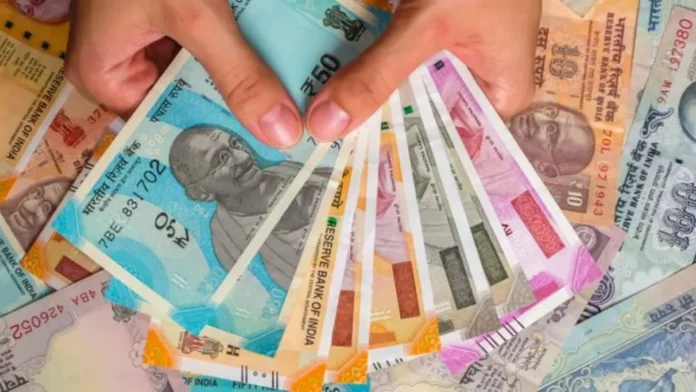March 31 is the deadline for tax-saving investments. To claim tax deduction for the financial year 2023-24, it is necessary to invest by March 31 this year. You can claim tax deduction by investing in Tax Saving Scheme of Mutual Funds i.e. ELSS.
The deadline for tax savings is approaching. You will be able to claim deduction for the financial year 2023-24 only on tax-saving investments made till March 31, 2024. Under Section 80C of the Income Tax Act, 1961, up to Rs 1.5 lakh can be invested in tax-saving instruments in a financial year. Then, you can claim deduction on Rs 1.5 lakh. This will reduce your tax liability significantly. About a dozen tax-saving instruments come under Section 80C. Among these, tax saving schemes of mutual funds are very popular. These are also called Equity Linked Savings Scheme ( ELSS ).
You can invest in ELSS till 31st March
If you have not invested up to Rs 1.5 lakh under Section 80C in the financial year 2023-24, you can do so till March 31. It would be good for you to invest in ELSS. Its returns are higher than other tax-saving schemes. By investing in it over a long period, a good fund is created. Many people want to invest in ELSS but they do not have money right now. In such a situation, they may have to pay a lot of tax. They also do not want to ask for loan from anyone for tax-saving investment.
Units or shares of equity mutual funds will have to be sold
Even if you don’t have money right now, you can make tax-saving investments till March 31. There is a method for this, by which you will not need to ask for loan of money from anyone. Your tax liability will also not increase. For this, you will have to withdraw money from your investments in equity mutual funds or shares. Since you are not going to spend this money but are going to make tax-saving investments with it, there is no problem in this.
The rule of long term capital gains has to be kept in mind
According to income tax rules, long term capital gains and short term capital gains arising from investments in shares or equity mutual funds are taxable. Capital gains of more than Rs 1 lakh from shares or equity mutual funds in a financial year attract 10 per cent tax. This means that if your long term capital gain from shares or equity mutual funds in a financial year is up to Rs 99,999, then you will not have to pay any tax.
You can sell investments made more than a year ago
Long term capital gains tax is levied on selling shares or units of equity mutual funds after one year of investment. The tax rate on this is 10 percent. Short-term capital gains tax is levied on selling shares or units of equity mutual funds within one year of investment, the rate of which is 15 percent. You can sell shares or units of equity schemes of mutual funds in which you invested a year or more ago. You have to keep in mind that your capital gain should not exceed Rs 1 lakh.
Understand the whole matter like this
This can be easily understood with the help of an example. Suppose you had invested Rs 5,000 every month in the equity scheme of a mutual fund through SIP in the year 2021. In this way, your total investment in the year 2021 was Rs 60,000. Now the value of this investment has increased to Rs 1.5 lakh. In this case, your capital gain will be Rs 90,000 (1.5 lakh-60,000=90000). Since your capital gain is Rs 90,000, you will not have to pay any tax on it. If it was more than Rs 1 lakh, tax would have been imposed. You can invest in ELSS with this money. With this, you can reduce your tax by making tax-saving investments even if you do not have new funds.


